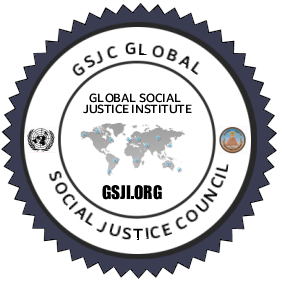|
a. Thematic and country mandates
The Commission on Human Rights and the Economic and Social Council have, over time, established a number of other
extra-conventional mechanisms or special procedures, meaning they were not created either by the United Nations
Charter or by an international treaty. Extra-conventional mechanisms also monitor the implementation and
enforcement of human rights standards. These mechanisms have been entrusted to working groups of experts acting in
their individual capacity or individuals designated as Special Rapporteurs, Special Representatives or independent
experts.
The mandate and tenure of the working group, independent experts and spe- cial representatives of the
Secretary-General depend on the decision of the Commission on Human Rights or the Economic and Social Council. In
gen- eral, their mandates are to examine, monitor and publicly report on either the human rights situation in a
specific country or territory – known as country mandates – or on human rights violations worldwide – known as
thematic mechanisms or mandates. A list of country and thematic mandates is at annexes V and VI.
The special procedure mechanisms are of paramount importance for moni- toring universal human rights standards and
address many of the most seri- ous human rights violations in the world. The increase and the evolution of
procedures and mechanisms in this area constitute a system of human rights protection.
Objectives
All special procedures have the central objective of making international human rights more operative. Yet each
special procedure has its own specific mandate which has, in certain cases, evolved in accordance with
specific cir-
| 
